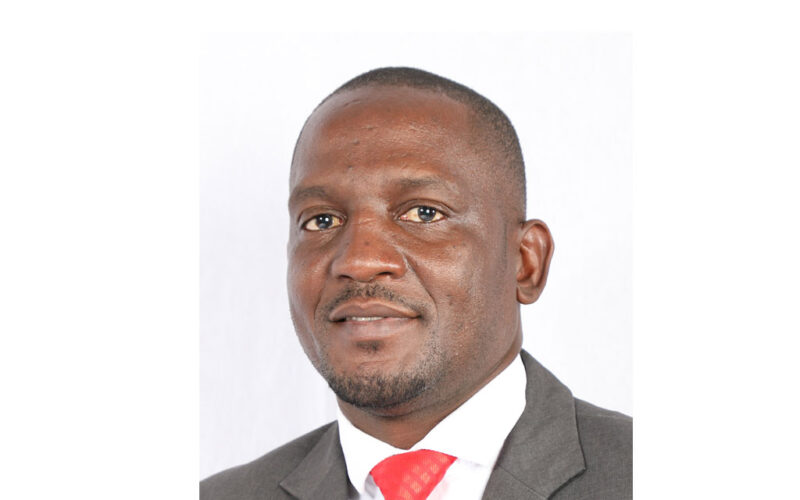Martin Endjala
The Deputy Minister of Works and Transport, Veikko Nekundi, is calling for all debts owed to the Namibia Students Financial Assistance Fund (NSFAF) by beneficiaries who employ ten or more people to be cancelled.
Nekundi tabled a motion in Parliament last week calling on his fellow parliamentarians to discuss the matter.
He said the motion strikes at the heart of two pressing challenges facing Namibia, namely, the persistently high rate of unemployment, particularly youth unemployment and the weighty burden of student debt from NSFAF.
“I contend that the path to addressing both of these challenges lies in a revolutionary approach one that involves forgiving student debts under the provision of fostering entrepreneurship and job creation among the nation’s youth. The motion on the table is whether Namibia should undertake this daring endeavour, and through this debate, we shall dissect the merits, consequences and broader implications of such a policy,” he explained.
Nekundi said it is his strong conviction that, by laying off NSFAF student debts on the condition of the beneficiaries pursuing entrepreneurship or creating job opportunities, Namibia can open doors to transformative change.
As an incentive to create employment, he stressed that student loans be written off at 100 percent if they create permanent employment of not less than 10 persons, secondly, loans be written off if they create permanent employment of between two and nine persons.
He also wants the motion to be referred to the relevant Standing Committee and report back to the August House within 90 days.
He further emphasised that an entrepreneurial approach to addressing the challenges faced by unemployed youths in repaying their loans presents a forward-thinking solution that can have far-reaching positive impacts.
Nekundi believes that by promoting entrepreneurship, incentivising job creation, reducing poverty and encouraging innovation, the strategy aligns with broader economic and societal goals.
Ultimately, he believes that it can transform the narrative for beneficiaries, offering them a chance to not only alleviate their financial burdens but also actively contribute to their communities and the nation’s prosperity.
If taken seriously, the MP is of the view that the motion has more potential to meet the government halfway and minimise the need for a Basic Income Grant.
Nekundi noted that it is important to acknowledge that formal education provided to the nationals serves as a purposeful process, ensuring the acquisition of essential knowledge and skills, which in turn contribute to the development and growth of the country’s economy and the overall improvement of citizens’ livelihoods.
However, he believes that, as part of its ongoing reforms, NSFAF should evolve into a revolving fund with well-defined sub-programs and the sub-programs should focus on educational and career guidance, self-employment and job creation with the overarching goal of promoting sustainable self-employment and job creation.
He noted that defaulters cannot afford to meet these demands amid hardships without looking at entrepreneurs as a solution while arguing that when unemployed students have no source of income, meeting even their basic needs becomes a daily challenge.
Meanwhile, in an interview with the Landless People’s Movement National Youth Leader, Duminga Ndala, said the idea of writing off debts should cut across all beneficiaries.
“This has always been our call that students should not graduate in debt. It’s regressive and it further disenfranchises the already downtrodden ones,” said Ndala.




